On Monday, February 3, 2014, Time Magazine published and article titled, The Mindful Revolution – The Science of Finding Focus in a Stessed-out, Multitasking Culture. The article is another one that proves that mindfulness is in the mainstream and on people’s hearts and minds.
The article, by Kate Pickert, begins with
The raisins sitting in my sweaty palm are getting stickier by the minute. They don’t look particularly appealing, but when instructed by my teacher, I take one in my fingers and examine it. I notice that the raisin’s skin glistens. Looking closer, I see a small indentation where it once hung from the vine. Eventually, I place the raisin in my mouth and roll the wrinkly little shape over and over with my tongue, feeling its texture. After a while, I push it up against my teeth and slice it open. Then, finally, I chew — very slowly.
I’m eating a raisin. But for the first time in my life, I’m doing it differently. I’m doing it mindfully. This whole experience might seem silly, but we’re in the midst of a popular obsession with mindfulness as the secret to health and happiness — and a growing body of evidence suggests it has clear benefits. The class I’m taking is part of a curriculum called Mindfulness Based Stress Reduction (MBSR) developed in 1979 by Jon Kabat-Zinn, an MIT-educated scientist.
The raisin exercise reminds us how hard it has become to think about just one thing at a time. If distraction is the pre-eminent condition of our age, then mindfulness, in the eyes of its enthusiasts, is the most logical response.
You need a subscription to view the entire article.
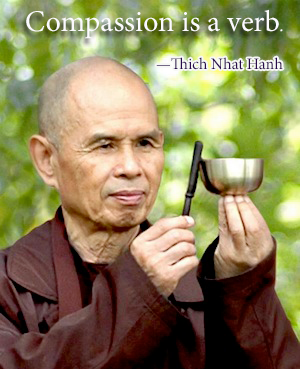 One of the interesting ideas that came out of the discussion of this article is the impact of mindfulness in business and the military. Some of my friends are opposed to the use of mindfulness in this way because it might lead to more cut-throat activities, rather than to greater happiness for all concerned.
One of the interesting ideas that came out of the discussion of this article is the impact of mindfulness in business and the military. Some of my friends are opposed to the use of mindfulness in this way because it might lead to more cut-throat activities, rather than to greater happiness for all concerned.
I am of the opinion that real mindfulness develops concentration and insight into the nature of the mind and how all things are impermanent. It develops compassion for the suffering of oneself and others. I think Zen Master Thich Nhat Hanh agrees with me, as the following quote from and interview in the January 2014 issue of Shambhala Sun (which I subscribe to):
“Q: As part of your North American tour, you’re going to meet with the CEO’s of some leading technology companies. What do you think of business leaders and employees learning meditation?
Thich Nhat Hanh: We don’t have to worry whether meditation is being misused to make money. Meditation can only do good. It doesn’t just help you calm your own suffering. It also gives you more insight into yourself and the world. If your business is causing environmental problems and you practice meditation, you may have ideas about how to conduct your business in such a way that you will harm nature less. When you experience the wisdom brought about by meditation, then naturally you want to conduct your business in a way that will make the world suffer less.
So don’t worry about whether meditation is serving a wrong cause. It can change a wrong cause to a good cause.”
Another article in Time Magazine from August 4, 2003 titled, Just Say Om. The message of this article is “Scientists study it. Doctors recommend it. Millions of Americans–many of whom don’t even own crystals–practice it every day. Why? Because meditation works.”
That mindfulness is in the mainstream is a tribute to the relevance of the Buddha’s teachings in our modern, fast-paced society, just as it was 2,600 years ago in India and modern day Nepal.
Doesn’t mindfulness in the mainstream motivate you to take on a daily meditation practice? If so, I can help. Just share your thoughts and I’ll get back to you.




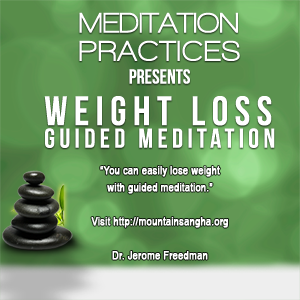


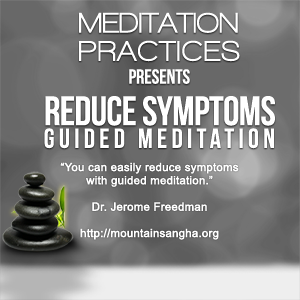

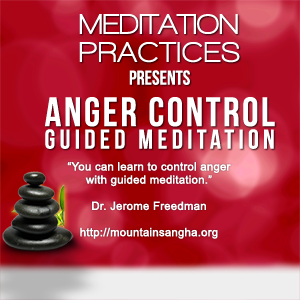
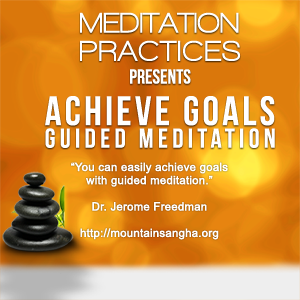

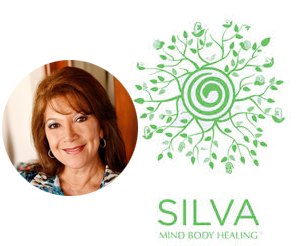
You must be logged in to post a comment.